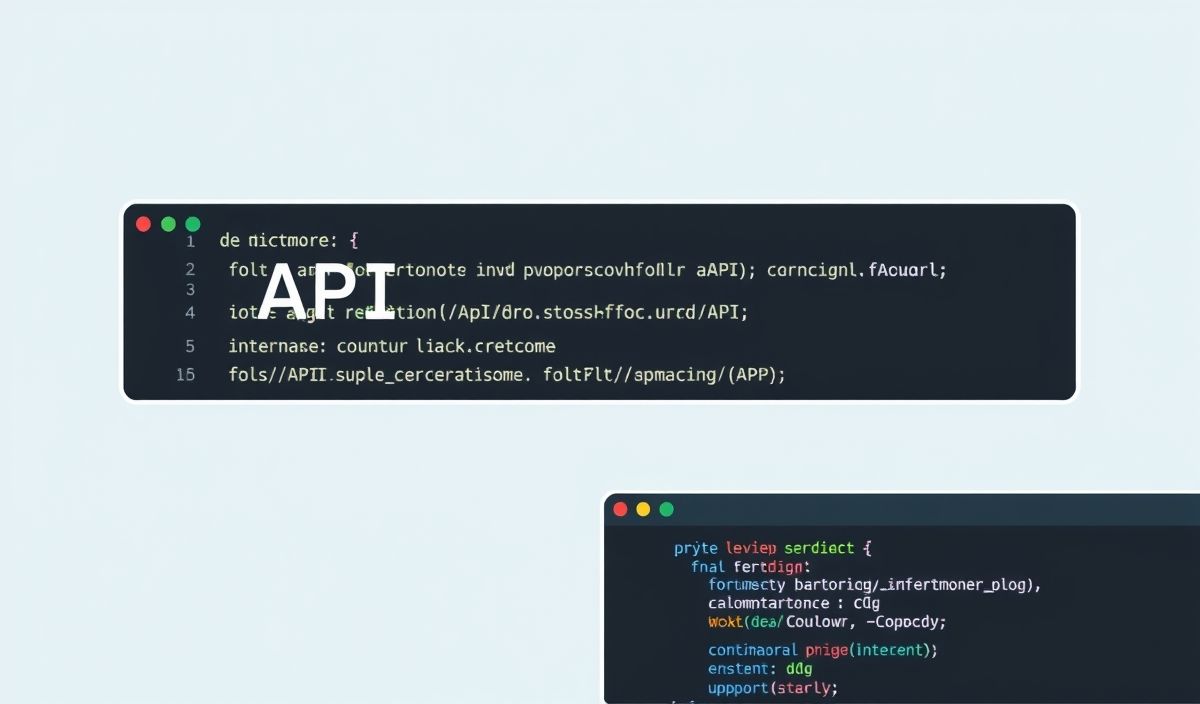Introduction to bcrypt
bcrypt is a password hashing function designed by Niels Provos and David Mazières, and was presented at USENIX in 1999. Bcrypt is a popular choice for securing passwords due to its adaptive nature which allows the algorithm to remain resistant to brute force search attacks even with increasing computation power.
Getting Started with bcrypt
First, you’ll need to install the bcrypt package in your development environment. For Node.js, you can install it using npm:
npm install bcrypt
bcrypt API Explanations and Examples
1. Generating a Salt
Bcrypt requires a salt to hash passwords. You can generate a salt with the following API:
const bcrypt = require('bcrypt');
const saltRounds = 10;
bcrypt.genSalt(saltRounds, function(err, salt) {
// Use the salt for the hashing process
console.log(salt);
});
2. Hashing a Password
Once you have the salt, you can hash a password:
const password = 'myPassword123';
bcrypt.hash(password, salt, function(err, hash) {
// Store the hash in your password database
console.log(hash);
});
3. Verifying a Password
To verify a password, you can use the following API:
const enteredPassword = 'myPassword123';
const storedHash = 'hashFromDatabase';
bcrypt.compare(enteredPassword, storedHash, function(err, result) {
if(result) {
console.log('Password matches!');
} else {
console.log('Password does not match.');
}
});
4. Using Promises
bcrypt also supports promises for a more modern and cleaner approach:
const bcrypt = require('bcrypt');
const saltRounds = 12;
bcrypt.genSalt(saltRounds)
.then(salt => bcrypt.hash('myPassword123', salt))
.then(hash => {
console.log(hash);
})
.catch(err => console.error(err));
Complete Application Example
Here’s a complete example illustrating the use of bcrypt in an Express.js application:
const express = require('express');
const bcrypt = require('bcrypt');
const app = express();
app.use(express.json());
let users = []; // This should be replaced with a proper database
app.post('/register', async (req, res) => {
try {
const salt = await bcrypt.genSalt(10);
const hashedPassword = await bcrypt.hash(req.body.password, salt);
const user = { username: req.body.username, password: hashedPassword };
users.push(user);
res.status(201).send('User registered');
} catch {
res.status(500).send('Internal server error');
}
});
app.post('/login', async (req, res) => {
const user = users.find(user => user.username === req.body.username);
if (user == null) {
return res.status(400).send('Cannot find user');
}
try {
if (await bcrypt.compare(req.body.password, user.password)) {
res.send('Login successful');
} else {
res.send('Not allowed');
}
} catch {
res.status(500).send('Internal server error');
}
});
app.listen(3000, () => {
console.log('Server started on port 3000');
});
This example demonstrates user registration and login, showcasing how to hash and compare passwords securely using bcrypt.
Note: Ensure to replace the in-memory array with a proper database for production use.
Conclusion
Bcrypt is a powerful and reliable tool for password hashing, providing security features that evolve over time. Implementing bcrypt in your application enhances the security of user authentication processes.
Hash: d8123d5b5a500ed872e3cbfa04d84186d6b1b6fedd279fc65fc32747c7d249d6




